- Travel Health and SafetyTravel Tips and Advice
- January 10, 2025
- 1 Comment
- 147
How to Stay Safe from HMPV While Traveling Internationally
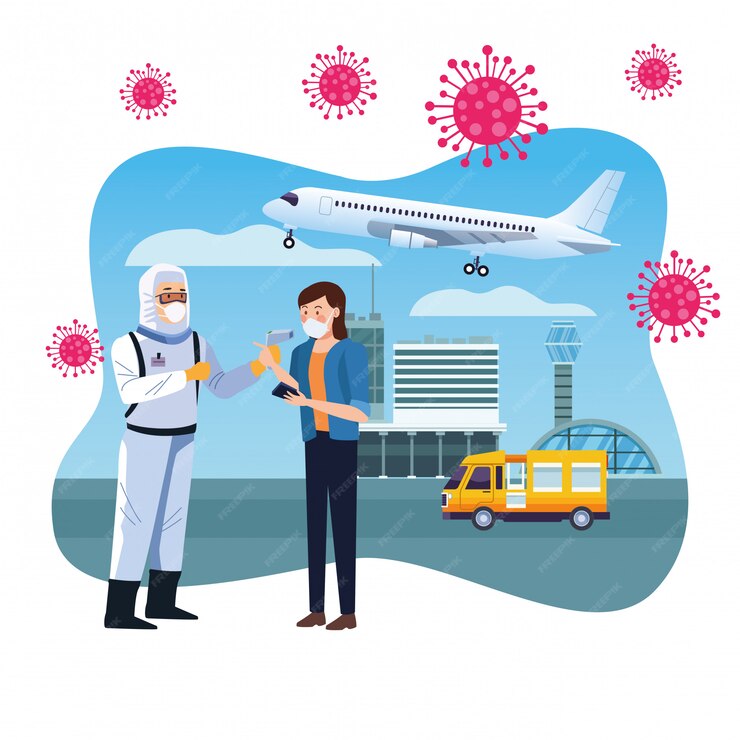
Stay Safe from HMPV– In today’s globalized world, traveling abroad offers incredible opportunities for learning, connection, and exploration. However, it also exposes visitors to various health risks and respiratory viruses, such as the Human Metapneumovirus (HMPV). The respiratory system is impacted by the highly contagious HMPV virus, which can cause everything from minor cold-like symptoms to serious conditions including pneumonia or bronchiolitis. Taking preemptive measures to protect yourself from HMPV is crucial for a safe and happy trip while you’re traveling abroad. Here are some tips for being safe.
Understanding HMPV and Its Risks
When an infected person coughs or sneezes, respiratory droplets are the main way that HMPV is transferred. It can also be spread by touching the face, especially the mouth, nose, or eyes, after coming into contact with contaminated surfaces. The infection poses the greatest risk because
contaminated surfaces. The infection poses the greatest risk because
- Infants and young children
- Older adults
- People with reduced immune systems or long-term medical issues
HMPV symptoms include fever, coughing, runny nose, sore throat, and dyspnea. In severe cases, it could cause adverse effects including pneumonia or bronchiolitis. Even while the majority of patients recover after a few weeks, it’s still advisable to use caution, particularly when visiting strange places.
Preparing for Travel
- Get a Health Check-Up: Before embarking on your trip, schedule a visit with your healthcare provider to ensure you’re in good health.
 Discuss any pre-existing conditions that may make you more susceptible to HMPV or other respiratory illnesses.
Discuss any pre-existing conditions that may make you more susceptible to HMPV or other respiratory illnesses. - Pack a Travel Health Kit: Include essentials like:
- Hand sanitizers with at least 60% alcohol
- Disposable masks
- Disinfectant wipes
- Thermometer
- Over-the-counter drugs to treat congestion and fever
Immunity boosting and vaccinations: While there isn’t a
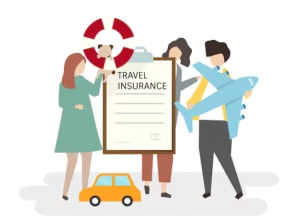
vaccine for HMPV, maintaining current vaccinations against pneumonia and the flu can help lower the risk of respiratory problems. Before and during your trip, think about taking vitamins that increase immunity, such zinc and vitamin C.
Travel Insurance: Secure comprehensive travel insurance that covers medical emergencies, including hospitalization for respiratory illnesses.
During Your Travel
- Maintain Good Hand Hygiene: One of the greatest ways to prevent HMPV is to wash your hands frequently for at least 20 seconds with soap and water. When soap and water are not available, use hand sanitizer, especially after handling high-contact objects like handrails, door handles, and poles used by public transit.

- Put on a Mask: Putting on a mask might help limit exposure to respiratory droplets that might contain HMPV in busy or confined areas like airports, airlines, or public transit. For greater protection, choose premium masks like surgical or N95 masks.
- Avoid Touching Your Face: Steer clear of touching your mouth, nose, or eyes, especially with unclean hands, to lessen the chance of bringing the virus into your respiratory system.
- Stay Hydrated and Eat Well: Drink plenty of water and eat a
 balanced diet. When traveling, it’s important to keep your immune system strong. Eat a healthy diet, drink lots of water, and stay away from coffee and alcohol, which can dehydrate you.
balanced diet. When traveling, it’s important to keep your immune system strong. Eat a healthy diet, drink lots of water, and stay away from coffee and alcohol, which can dehydrate you. - Clean Your Environment: Commonly handled items in your lodging, such as doorknobs, TV remote controls, and light switches, should be cleaned. Disinfectant wipes can be used to clean tray tables and aircraft armrests.
- Practice Respiratory Etiquette: Use a tissue or your elbow if you must cough or sneeze. Throw away tissues right away and wash your hands.
While at Your Destination
- Select Less Congested Attractions: To reduce intimate interactions, choose outdoor pursuits or less congested tourist locations. When visiting well-known sites, steer clear of busy times.

- Stay Away from Sick People: Keep a safe distance and make sure your mask fits correctly if someone nearby is obviously ill. By doing this, the chance of coming into contact with respiratory droplets is decreased.
- Monitor Your Health: Keep track of your symptoms. If you experience a fever, persistent cough, or difficulty breathing, seek medical attention immediately.
Post-Travel Precautions
Self-Monitor for Symptoms: Keep an eye on your health for at least 14 days after you get back home. Consult a healthcare professional and let them know about your recent trips if you have any respiratory issues.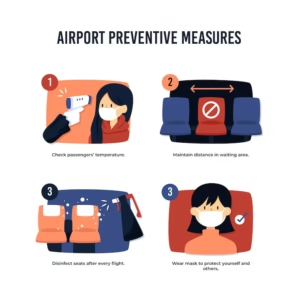
Limit Contact with Vulnerable others: Until you are positive that you are not infected, stay away from visiting elderly family members, young children, or others with compromised immune systems.
Clean and Disinfect Luggage: During your journey, wipe off your shoes, luggage, and any other objects you may have touched a lot. This helps eliminate any lingering germs.
Why Staying Safe Matters
Even though traveling abroad might be thrilling, it’s crucial to put your health and safety first to prevent plans from becoming derailed. Similar to other respiratory viruses, HMPV can spread swiftly in crowded settings and affect other people’s health. By doing these things, you can significantly reduce your risk of contracting the virus or transmitting it.
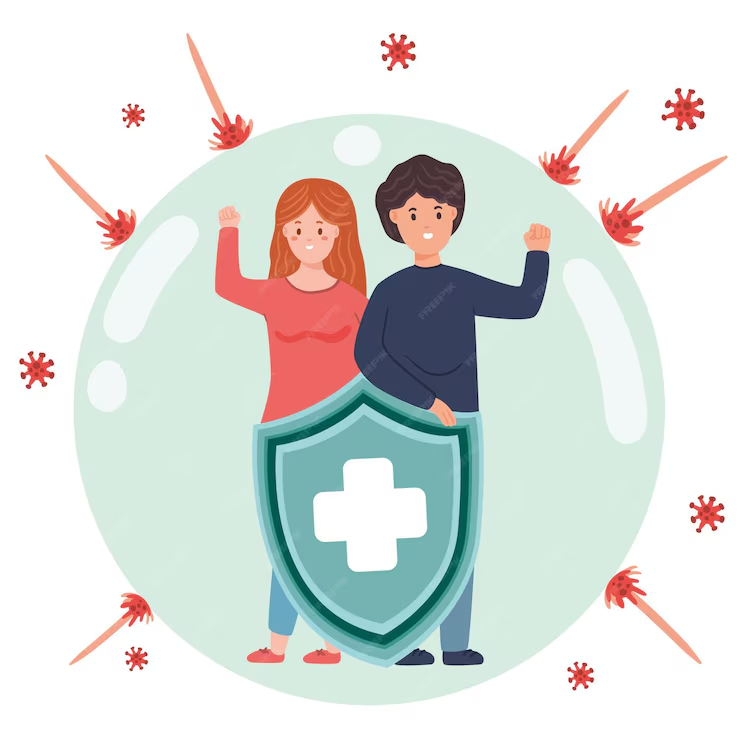
Final Thoughts
Traveling overseas doesn’t have to be scary, despite health risks like HMPV. By being proactive and taking little but effective precautions, you may enjoy your journey while protecting your health and the health of others. Being prepared, being alert, and adjusting to your surroundings are crucial. Happy exploring and safe travels!

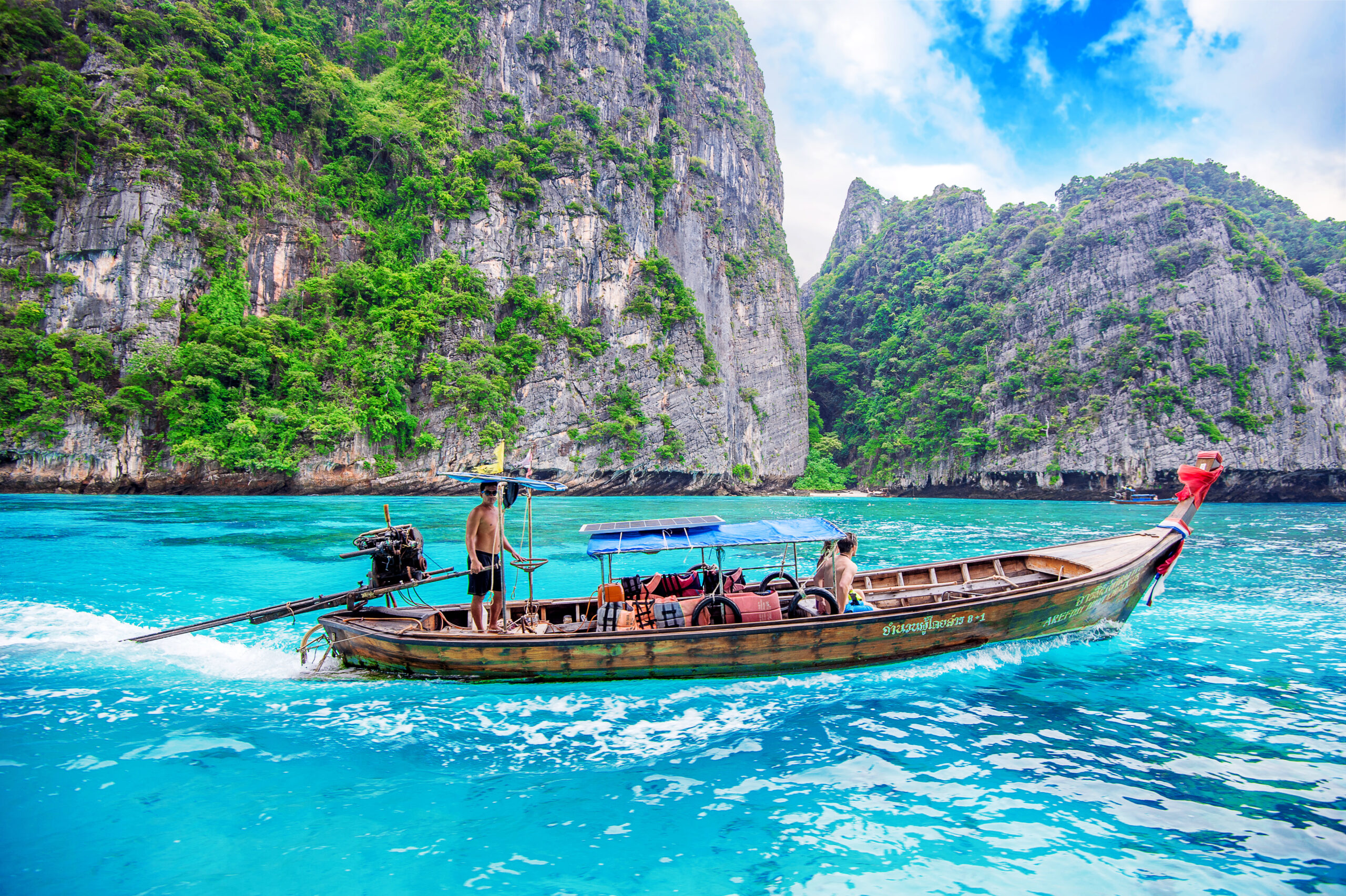

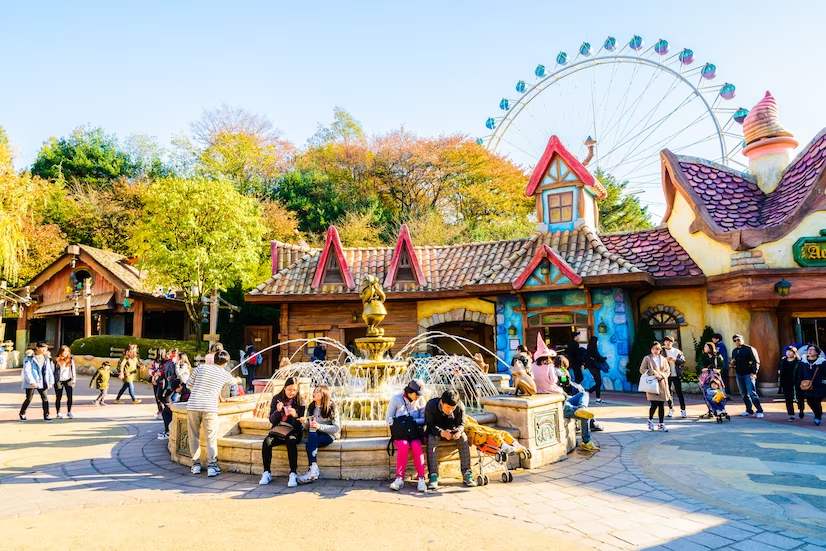

 Discuss any pre-existing conditions that may make you more susceptible to HMPV or other respiratory illnesses.
Discuss any pre-existing conditions that may make you more susceptible to HMPV or other respiratory illnesses.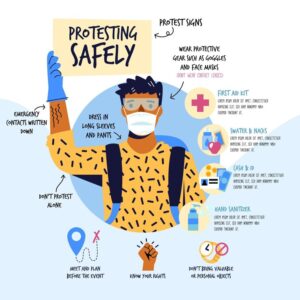
 balanced diet. When traveling, it’s important to keep your immune system strong. Eat a healthy diet, drink lots of water, and stay away from coffee and alcohol, which can dehydrate you.
balanced diet. When traveling, it’s important to keep your immune system strong. Eat a healthy diet, drink lots of water, and stay away from coffee and alcohol, which can dehydrate you.
1 Comments
I?¦ve been exploring for a bit for any high quality articles or blog posts on this kind of area . Exploring in Yahoo I finally stumbled upon this web site. Studying this information So i am satisfied to express that I’ve an incredibly excellent uncanny feeling I found out exactly what I needed. I such a lot no doubt will make sure to don?¦t fail to remember this website and give it a glance on a continuing basis.